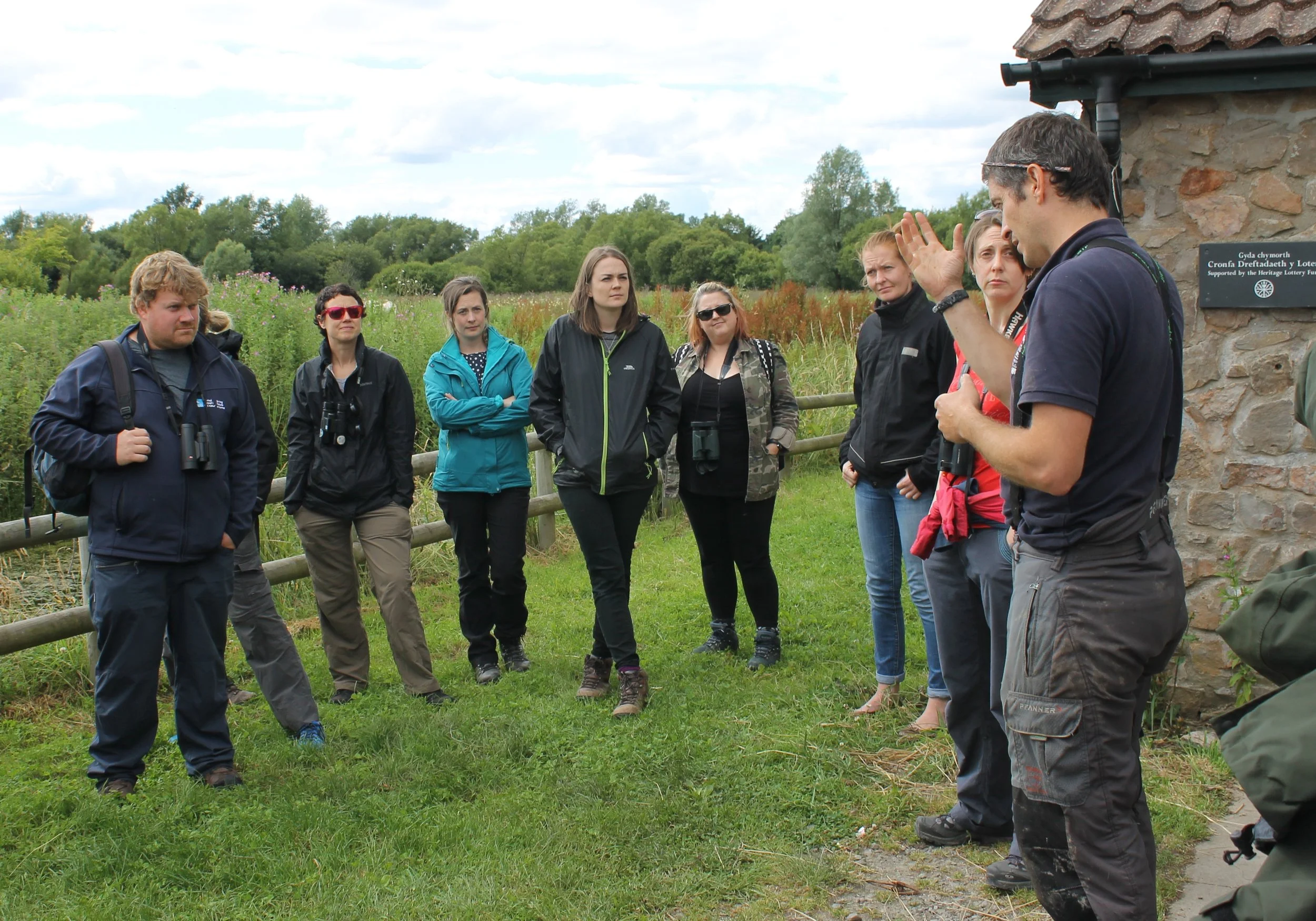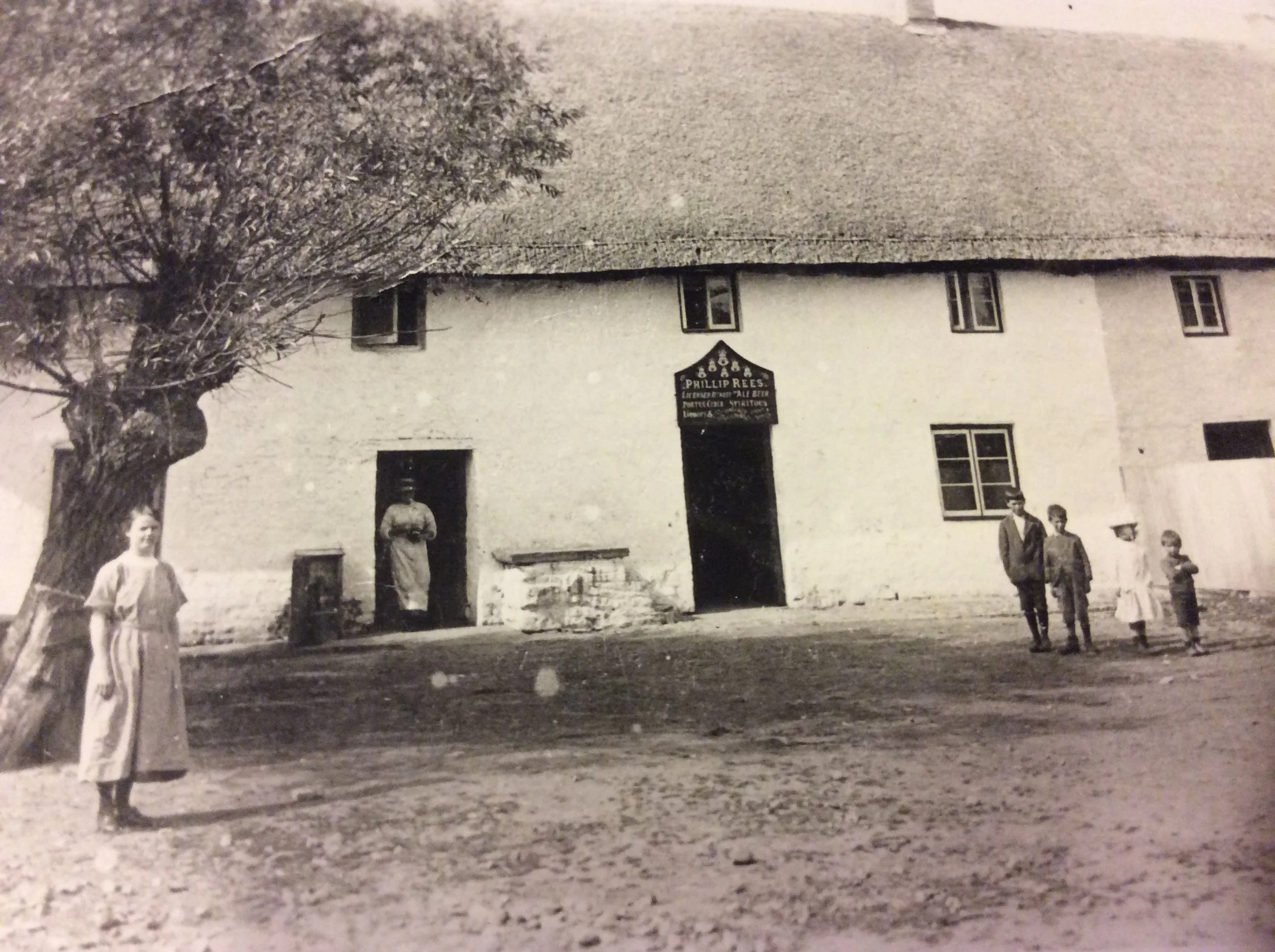The LLS-4 Levels Learning project ia working to create a number of new learning activities to enable the discovery of natural, cultural and historical heritage of the Levels by children, young people and families.
Since March 2018 we have been working hard with all the partners to spread the word about the amazing Gwent Levels heritage and learning a lot ourselves along the way. We have employed a consultant to produce an educational resource for teachers on local heritage to inspire children to take an interest in the landscape surrounding them. Several local teachers and educators have helped guide us in how to make this a usable resource. We will be asking teachers to come along and test the resource in June next year.
We have run six heritage events at Newport Wetlands and Magor Marsh attended by 300 adults and children. This included 2 Bioblitzes, 2 wildlife and heritage fun days and a session for home educated families about Celtic traditions. We have also delivered 10 education sessions focussing on the natural heritage of the Gwent Levels at Magor Marsh and Newport Wetlands. Each session introduced the importance of the Gwent Levels for nature and humankind. Our volunteers have been helping to deliver these sessions and we welcome others to take part in this next year when we are hoping to deliver more sessions at Tredegar House, Parc Tredellerch, and Rogiet Countryside Park.
There will be plenty more events next year and volunteers are always welcome to come along and help – see our advert for learning events volunteers here.
In November we ran two very successful Gwent Levels Revealed workshops at the Newport Wetlands where 80 key partner staff and volunteers were invited to hear a series of talks that explored the history of the Gwent Levels through different historical periods. The talks were delivered by Professor Martin Bell (University of Reading), Professor Stephen Rippon (University of Exeter), Mark Lewis (National Roman Legion Museum), Rose Hewlett (University of Bristol), Tara Okon (RSPB Cymru), Helen Gottschalk (RSPB Cymru) and Jeremy White (RSPB Cymru Volunteer). The day covered early history including the fascinating story of the Mesolithic human and animal footprints which still survive in the Severn Estuary, Roman and Medieval land uses and the creation of the Monmouthshire Commissioners of Sewers under Henry VIII.
The day ended with a walk around the reserve observing wildlife, including a wonderful starling murmuration with a flock of around 10,000 birds. Look out on our Events Calendar for further talks for interested volunteers next year.










